A few posts back I listed 3 reasons scholars have embraced the Christ Myth theory, 6 “sound premises” of the early Christ Myth arguments, and the weaknesses of 6 traditional arguments against the Christ Myth idea (all archived here), as published by Hoffmann in his introduction to Goguel’s book.
So why not complement those posts with Price’s 3 pillars of the traditional Christ Myth theory? These are from his Jesus at the Vanishing Point chapter in The Historical Jesus: Five Views.
Pillar #1 Why no mention of a miracle-working Jesus in secular sources?
Pillar #2 The Epistles, earlier than the Gospels, do not evidence a recent historical Jesus.
Pillar #3 The Jesus as attested in the Epistles shows strong parallels to Middle Eastern religions based on the myths of dying-and-rising gods.
On the latter, it is worth drawing attention to the word “epistles”, and to the fact (as per pillar 2) that these preceded the Gospels. Some critics of the Christ Myth appear to fail to notice these details and launch off into non sequiturs by way of rebuttal.
Price summarizes in broad strokes here the relationship between these myths and Christianity. Population relocations and a kind of urban cosmopolitanism from Hellenistic times and throughout the Roman Empire coincided with a revised function of ancient myths.
The myths now came to symbolize the rebirth of the individual initiate as a personal rite of passage, namely new birth. (p.75)
Price outlines the evidence that these myths definitely did predate Christianity, as affirmed by both archaeology and the testimony of the Churh Father apologists themselves. Price once again addresses the pedantry of the attempts of J.Z. Smith to claim minor differences invalidate any attempt to compare any ancient myths with any of the Christian ones.
One book I have not yet read, but that Price tempts to me to read, is Gilbert Murray’s Five Stages of Greek Religion. The link is to the full text on Project Gutenberg. It is probably also on Googlebooks. Rich — has this one been added to Webulite, yet?
Price invites me to read it with these comments:
I must admit that when I first read of these mythic parallels in Gilbert Murray’s Five Stages of Greek Religion, it hit me like a ton of bricks. No assurances I received from any Christian scholar I read ever sounded like anything other than specious special pleading to me, and believe me I was disappointed. This was before I had ever read of the principle of analogy, but when I did learn about that axiom, I was able to give a name to what was so powerful in Murray’s presentation.

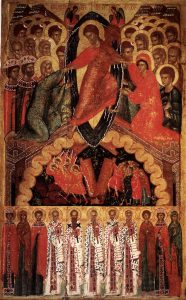

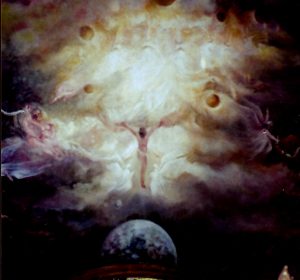
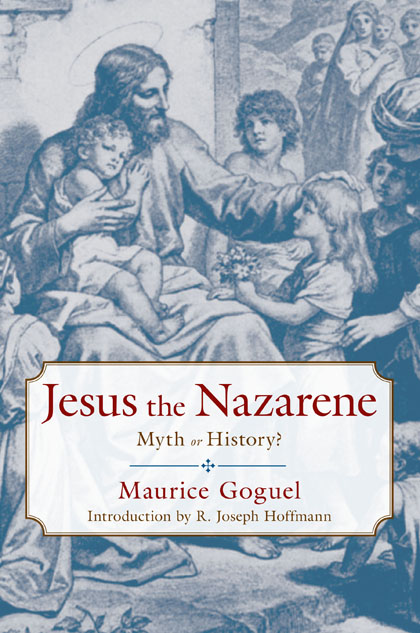

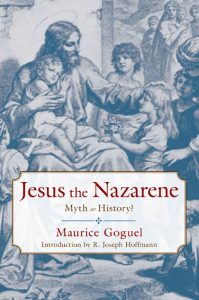 R. Joseph Hoffmann has in interesting introduction to his (re)publication of
R. Joseph Hoffmann has in interesting introduction to his (re)publication of 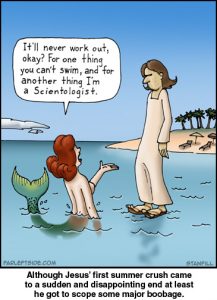
 The following are the arguments for the historicity of Jesus. I have taken them from Dr James McGrath’s various comments to posts on this blog, and they are essentially direct quotations of his words. I want to be clear that none of my engagements with the methodology of historical Jesus scholars misrepresents any of the following arguments.
The following are the arguments for the historicity of Jesus. I have taken them from Dr James McGrath’s various comments to posts on this blog, and they are essentially direct quotations of his words. I want to be clear that none of my engagements with the methodology of historical Jesus scholars misrepresents any of the following arguments.
